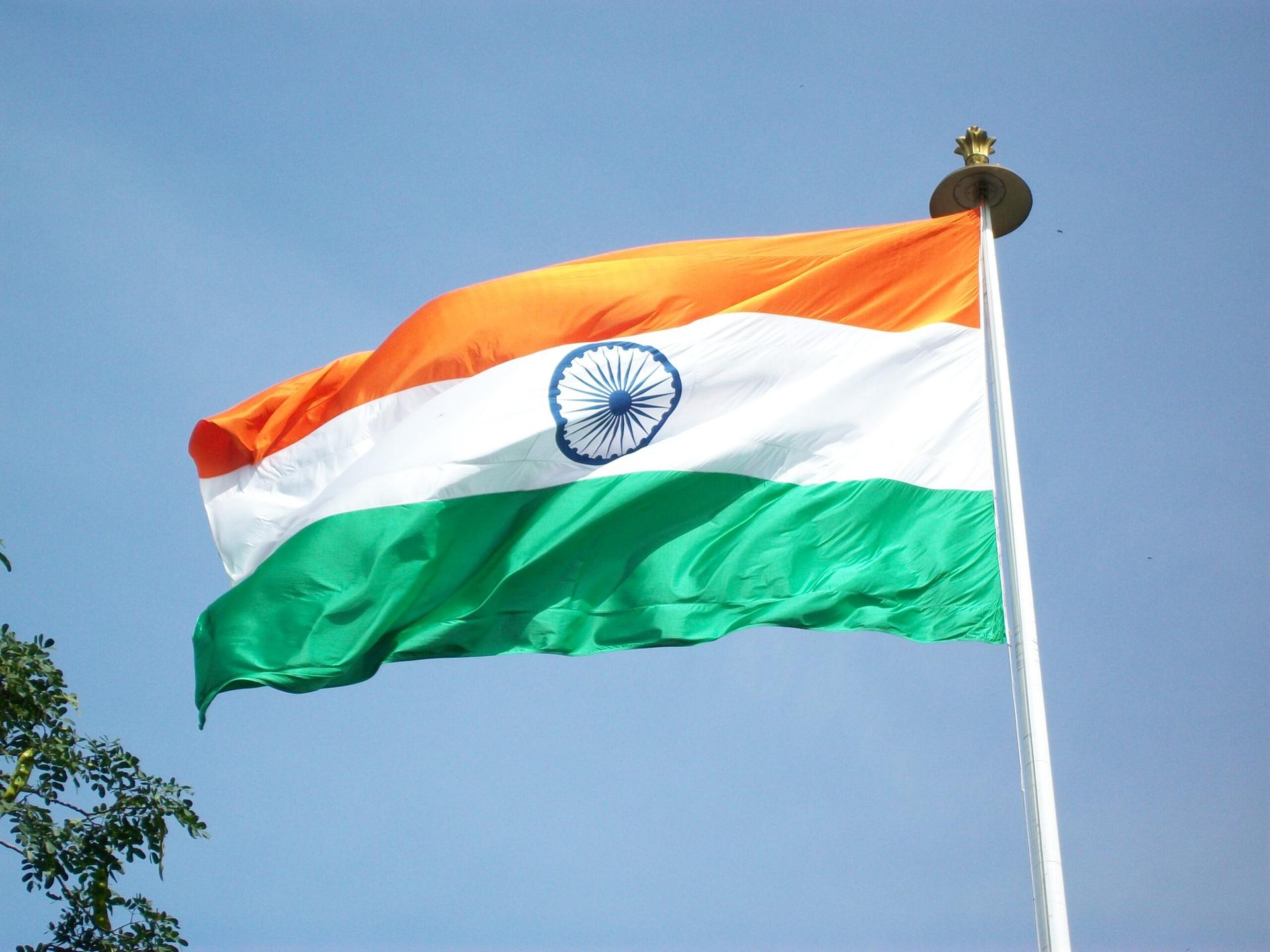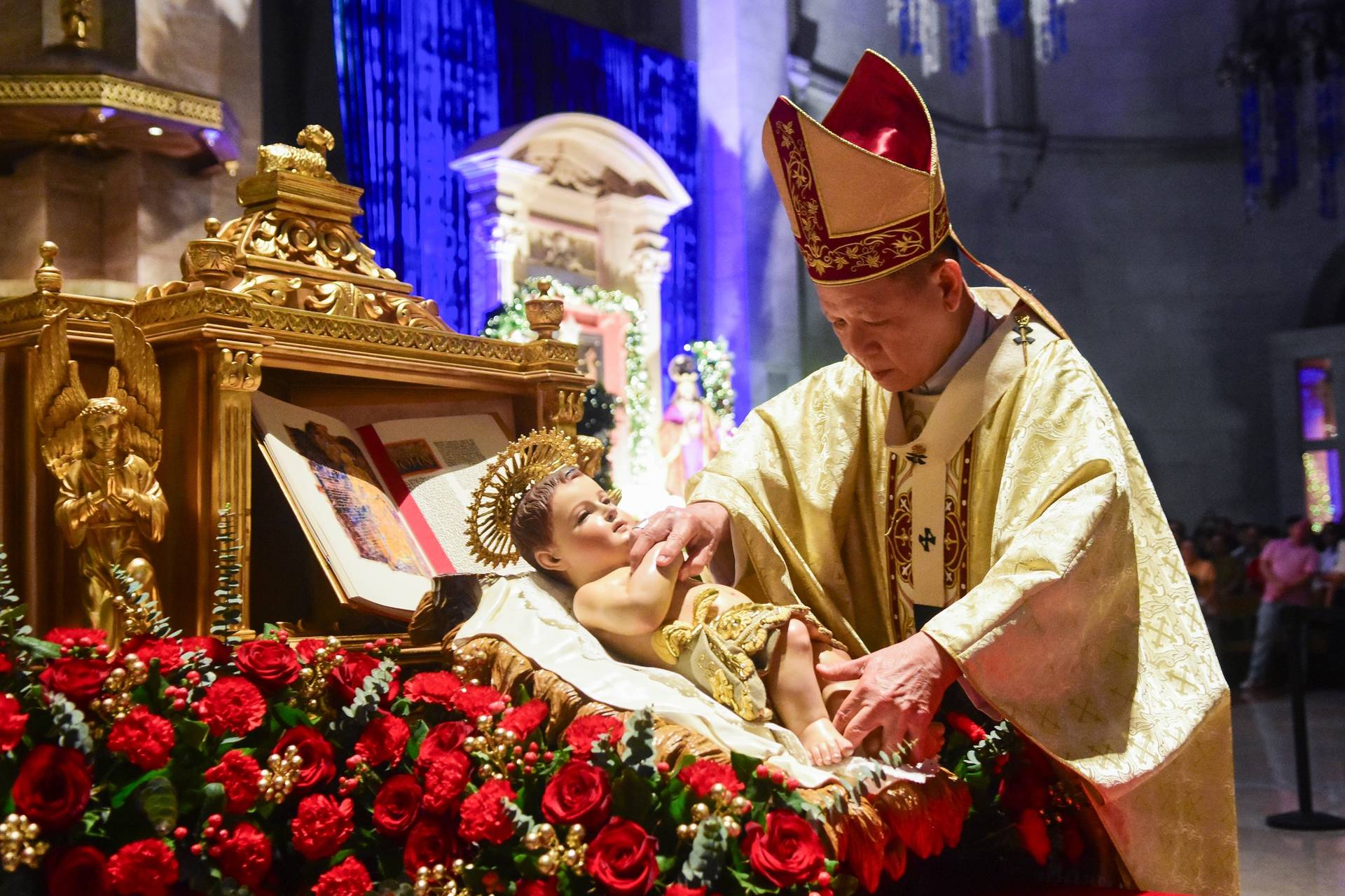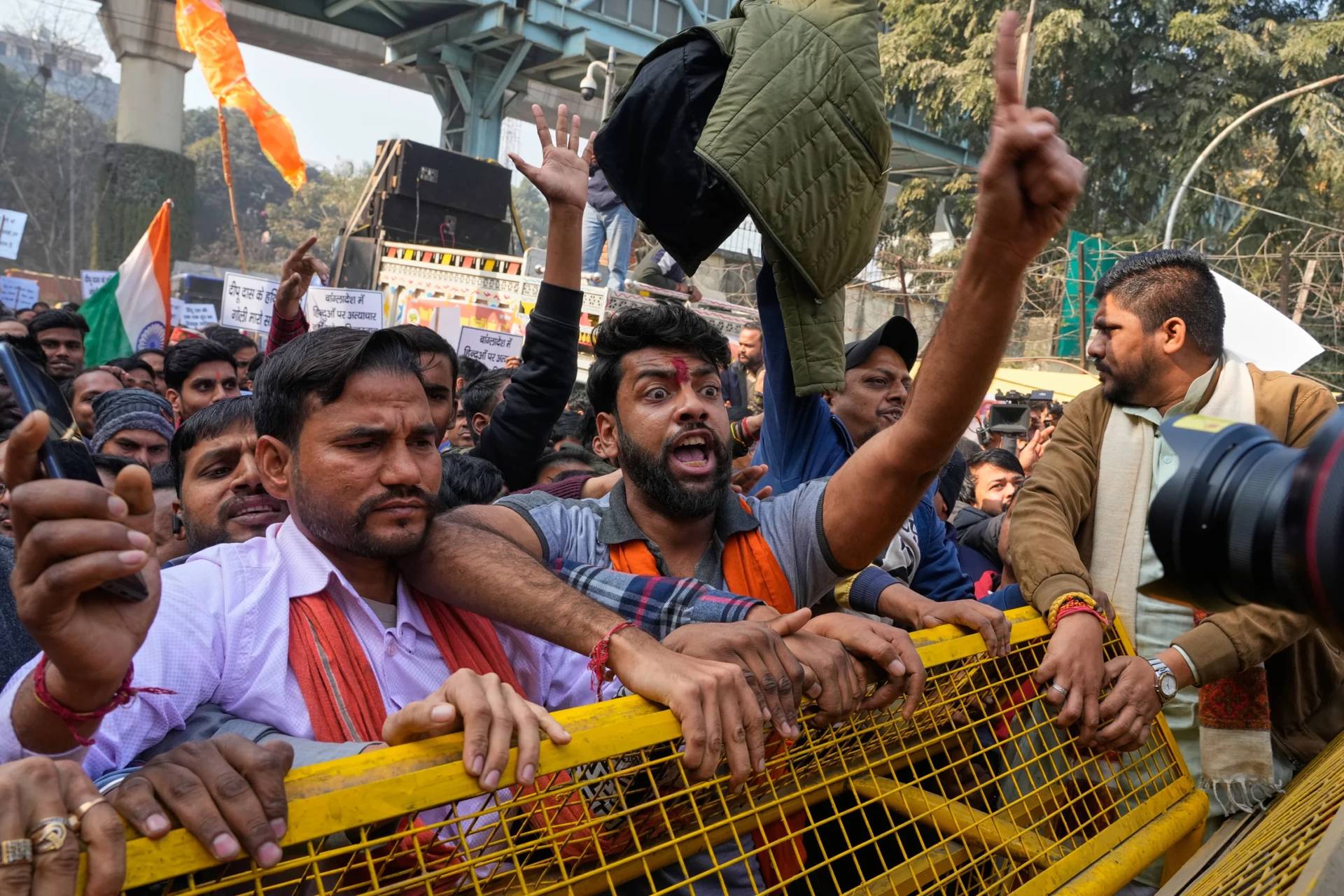A 58-year-old US citizen remains under investigation in India this weekend, following his arrest on suspicion of illegal religious activity.
James Watson was arrested along with two locals on October 3rd in Maharashtra’s Bhiwandi, for allegedly attempting to convert villagers to Christianity during a prayer meet in Chimbipada village.
Police say Watson was in India on a business visa and had been misusing his visa for religious activity.
As of October 11, 2025, it was unknown whether James Watson has been granted bail. Watson was placed in 14-day magistrate’s custody on October 6, 2025, pending further investigation of a complaint which, according to the Times of India, states the trio told villagers “Hinduism was based on superstition” and claimed that accepting Christianity would bring them “happiness, prosperity, and healing from illnesses.”
The three men taken into custody are Watson, 42-year-old Sainath Ganpati Sarpe, Manoj Govind Kolha, 35.
Bhiwandi Senior Inspector Harshavardhan Barve confirmed, “Watson had come to India on a business visa, which he was misusing for religious activity. Further probe is on.” Barve was also quoted as saying all three persons had been booked under sections of India’s new and controversial penal code pertaining to deliberate and malicious acts intended to outrage religious feelings, and to uttering words with deliberate intent to hurt religious feelings.
They have also been booked under provisions of the Foreigners Act for misusing visa norms, and the 2013 Maharashtra anti-black magic law.
Villagers alleged that Watson and his aides asked if any children were unwell and reportedly placed his hands on their foreheads, allegedly claiming to be performing some ‘divine’ rituals to cure them. Police said this act led to additional charges under the anti-black magic law, which criminalizes claims of miraculous healing.
Financial Express reported that the specific incident which led to the arrests was a prayer meet Watson allegedly organized outside Kolha’s house on Friday evening, attended by nearly 35 villagers. It is further alleged that Watson and his aides read from books they had brought in a vehicle and began preaching about Christianity.
According to investigators, Watson and the others also told villagers that illnesses could be cured not by medicine but by Christian prayers and even by drinking wine offered as “prasad.”
The police have seized religious books and other materials from the vehicle. Officials are now checking if this incident was a first offence or part of a larger, more organized network.
Authorities confirmed that Watson, despite holding a business visa, had been attending religious gatherings in remote areas of Bhiwandi. Investigators are currently tracing Watson’s movements, including how many times he has previously visited India, how many villages or individuals he might have tried to convert, and his network of local contacts in Maharashtra.
Watson’s arrest could have implications for foreign nationals and missionary activity in India, including increased restrictions on religious activities, especially in states with strict anti‐conversion laws, and tighter scrutiny of business visa-holders.
It remains to be seen what interest the U.S. State Department has taken in the case, which could raise bilateral concerns about religious freedom and treatment of US citizens abroad in India.
In India, the case could be a catalyst for courts to clarify how religious conversion claims interact with visa law and fundamental rights, and possibly become a reference point in future legal and diplomatic debates on religion, immigration, and human rights in the country.














